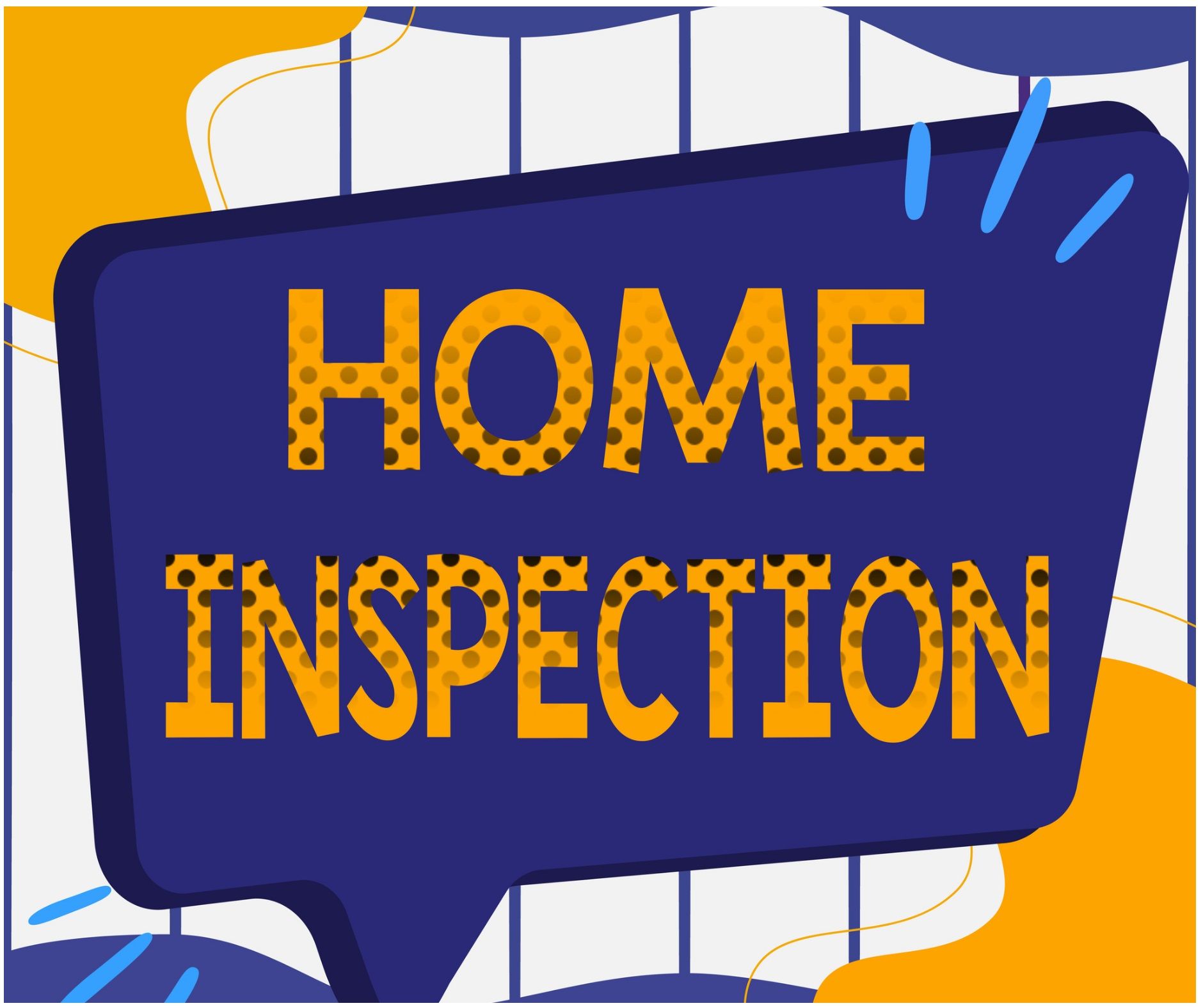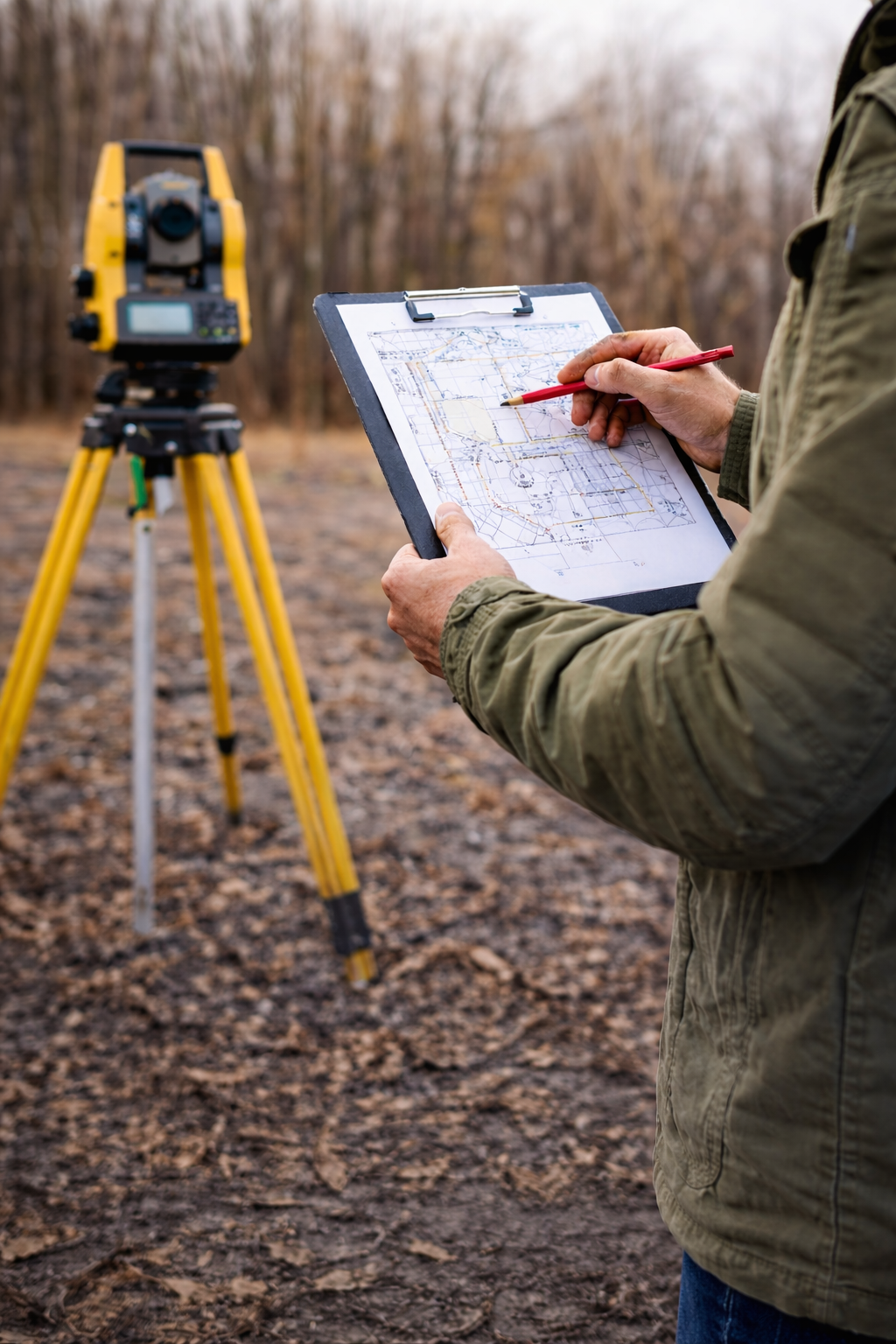Why it's important to add a home inspection contingency to your Purchase and Sale Contract when buying a home.

When buying a house in Vermont, there's a critical part of the agreement called an inspection contingency. It's a significant protection for both buyers, making sure the property is in good condition before the deal is final. In this blog post, we'll look at what an inspection contingency is, how it works, and why it's so important in Vermont's real estate process.
What is an Inspection Contingency?
An inspection contingency is a part of the contract when someone wants to buy a house. It lets the buyer take some time, usually 7 to 15 days, to hire professionals who will inspect the property. These experts will carefully check the house for any issues, like problems with the structure or systems (like electricity or plumbing), that might not be easy to see during a regular visit.
How Does an Inspection Contingency Work?
1. Adding it to the Contract: When the buyer makes an offer, they include the inspection contingency as a safety measure. If the inspections show big problems, the buyer can back out of the deal without losing any money.
2. Doing the Inspection: After the offer is accepted, the buyer hires professionals to inspect the property. These inspectors might be specialists in different areas, like the house's structure, pests, or radon.
3. Getting the Report: The inspectors will give the buyer a detailed report with all the findings. They will talk about any issues they found and what repairs might be needed.
4. Negotiating with the Seller: If the report shows important problems, the buyer can negotiate with the seller. They might ask the seller to fix things or reduce the price to cover the repairs. If the seller doesn't agree, the buyer can terminate the contract during the inspection period and receive back the deposit fund.
5. Deciding to Move Forward: If the buyer is happy with the inspection results or reaches an agreement with the seller, they can go ahead with the deal and lift the inspection contingency.
Why is an Inspection Contingency Important?
1. Protecting the Buyer: The inspection contingency helps the buyer avoid buying a house with hidden problems that could be costly later. It lets them make a smart decision based on the house's real condition.
2. Having a Say in Negotiations: The inspection contingency gives the buyer power during negotiations. If there are significant problems, they can ask the seller to make things right or give them some money back for repairs.
3. Giving Peace of Mind to the Seller: The inspection contingency also benefits the seller. By being honest about the house's condition, the seller is less likely to have disagreements or legal issues later.
4. Making Fair Deals: With inspection contingencies, everyone can protect their interests and have a fair and honest deal.
In short, an inspection contingency is a crucial part of buying a house in Vermont. It allows buyers to inspect the property, talk with the seller about any issues, and make informed choices before the deal is final. It's a way to keep things fair and make sure both the buyer and the seller are happy with the transaction.










